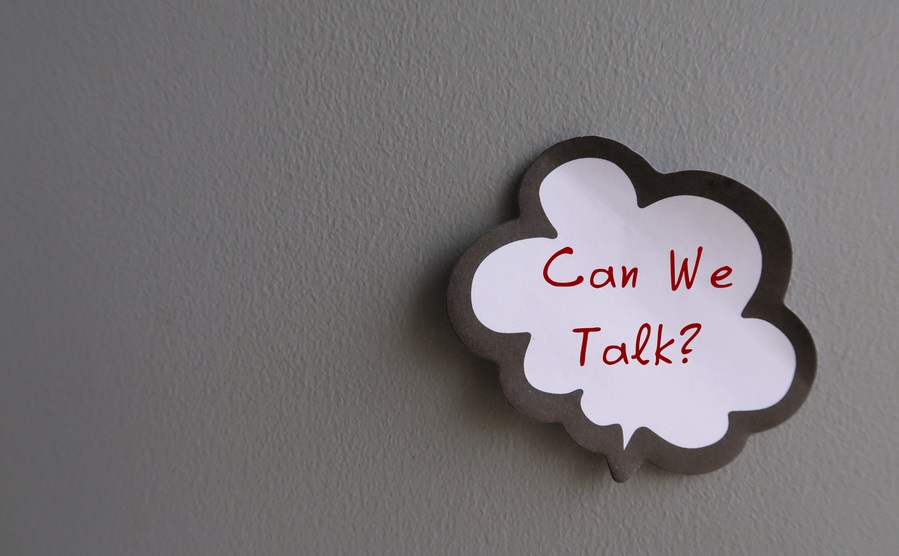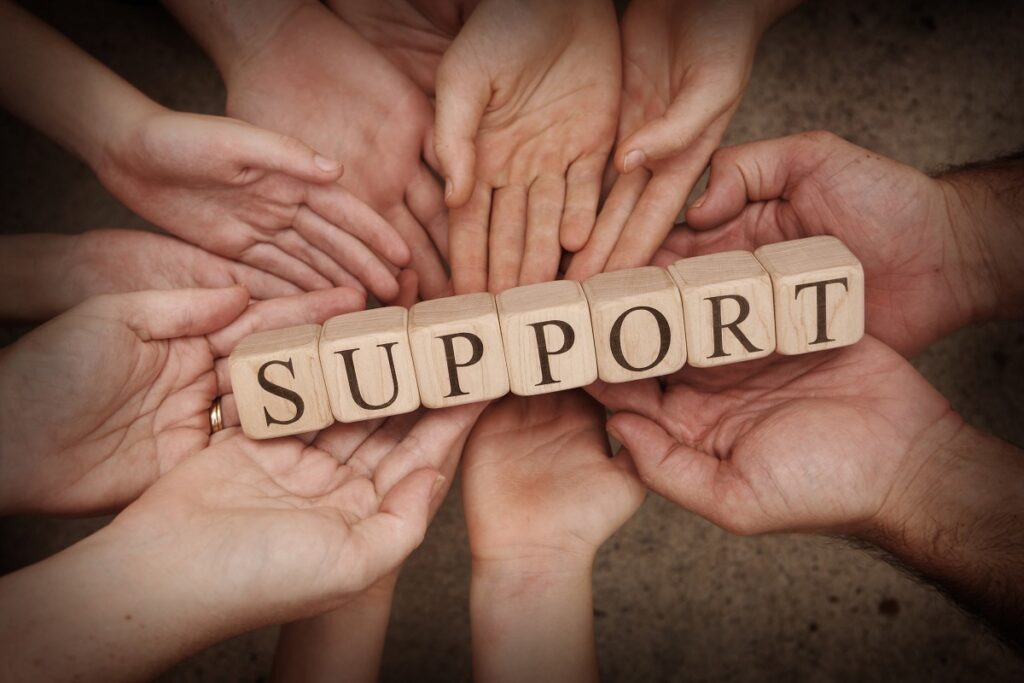As a group of young people who know what it’s like to have an eating disorder, we wanted to share a blog for Eating Disorders Awareness week 2023, about supporting young people to seek help. Over the past year, we have been working with the Children and Young People’s Mental Health team at Transformation Partners in Health and Care to develop guidance into disordered eating. Making sure that our experiences are heard so healthcare professionals have a better understanding of how to support other young people who may be struggling.

In this blog, we are sharing some of our own experiences from when we were seeking help and how we were supported to improve our mental health. While working on the blog, we realised that many of us had similar experiences. Asking for support can be difficult and we hope that the tips and stories below are helpful.
Speak to someone you trust
We agreed it is important to speak to someone that you trust. More importantly, our advice would be to speak to someone who makes you feel valid, comfortable, and safe.
I knew something was wrong with my mental health and my behaviour; I knew I wasn’t happy. I had built up a relationship with the pastoral leader and school nurse and felt comfortable around them to talk about the things troubling me. I was too scared at the beginning to talk to my family, I naturally was worried about their response as nothing like this had ever been spoken about openly in my home. One lunch, I decided to speak to my pastoral leader about what I thought was wrong – I opened up about my disordered eating and unhealthy mindset around exercise and food. He told me to have hope and that I wasn’t going to feel like this forever, no matter how bleak it looked, he helped refer me and until he left my school, remained one of my most dependable supporters. It was scary talking to someone new about what I was feeling and being truly honest, but it was worth it.
I had been building up how horrible it was going to be to ever open up about what was really going on but in reality, it was very freeing. I then told my parents about it with the help of the school nurse (as it was necessary for them to have been informed before the referral could be completed) and that was the final stepping stone for me to reach out and get help. Asking for help will forever be one of the scariest things I have faced but one of my bravest moments too.
Millie, age 17
Everyone deserves help
Many of us had experiences where we felt that our issues were not as severe compared to what other people might be going through.

We often thought that our experiences weren’t as bad as what other people were dealing with. This led us to believe that we were not worthy of support and shouldn’t reach out for help. As a group, one thing that we have all learnt is that we all deserve help. No matter what you are going through, you deserve and are entitled to help.
There is no better day than today

We know that asking for support is difficult and that it’s never easy to have the courage to reach out.
Disordered eating and eating disorders can be very serious. It’s important to get help if you are not well. Remember that asking for help is the first step towards feeling better.
When it came to opening up to my parents about my mental health, I was terrified. I didn’t know what was to come once people knew I was struggling. What would trying to get better be like? Will I have a therapist? There were so many unknowns and navigating these seemed impossible. I kept telling myself that today wasn’t a good day to tell them, I would be able to do it tomorrow or the next day. Every day I would think of a reason why another day would be better. I convinced myself it wouldn’t be so scary if I waited just a little bit longer – what’s the harm?
I’d waited so long that my school intervened and called my parents to tell them for me. I cried my eyes out, I hadn’t expected it to be that day that I’d have to be open with my family, to tell them I wasn’t okay was hard. However, my mum was understanding, she’d experienced something similar when she was my age and was prepared to help me get the help I deserved. I promise that the day you want to ask for help will probably never come; there will never be the perfect moment and the perfect words but once you take that big step, the rest of the process can finally begin.
Beth, age 15
We hope that this blog will help if you are struggling with your mental health. Admitting that you need support takes courage.
We have all been where you are and can honestly say that reaching out is the first step towards feeling better. We will be sharing more blogs on the TPHC website soon so check back for them on this page.

We’ve also pulled together some resources and links which we think might be helpful:
- TPHC’s Eating Disorder Awareness Week 2023 resources here
- More information and support for eating disorders can be found on the Beat website here
- Find apps and digital support for your mental health and wellbeing from Good Thinking
- Other resources include Shout text line and Kooth
